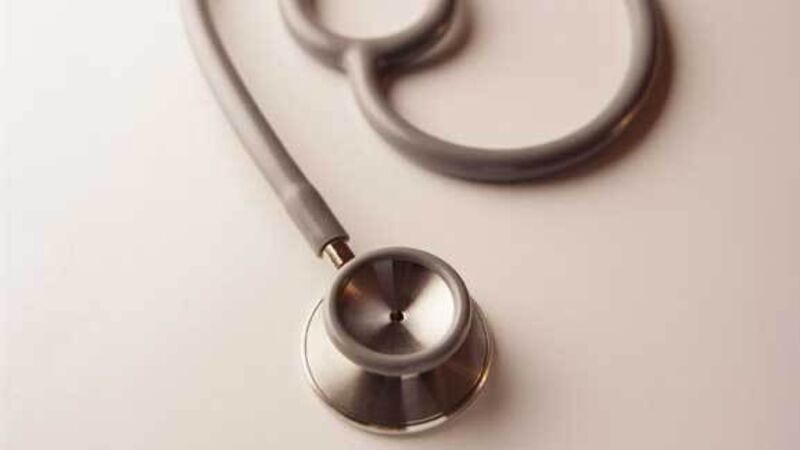GP fees are bad for your health, says EU

The European Union’s expert panel on effective ways of investing in health said that the policies are “inequitable”, fail to fill holes in health budgets, and can have a “negative effect on health”.
In a major public discussion document, the group said that, in spite of the theory that various primary care fees bring in vital funds and discourage the ‘worried well’ from attending, in reality the fees cause patients to avoid being treated until an illness worsens and then becomes more complex.













